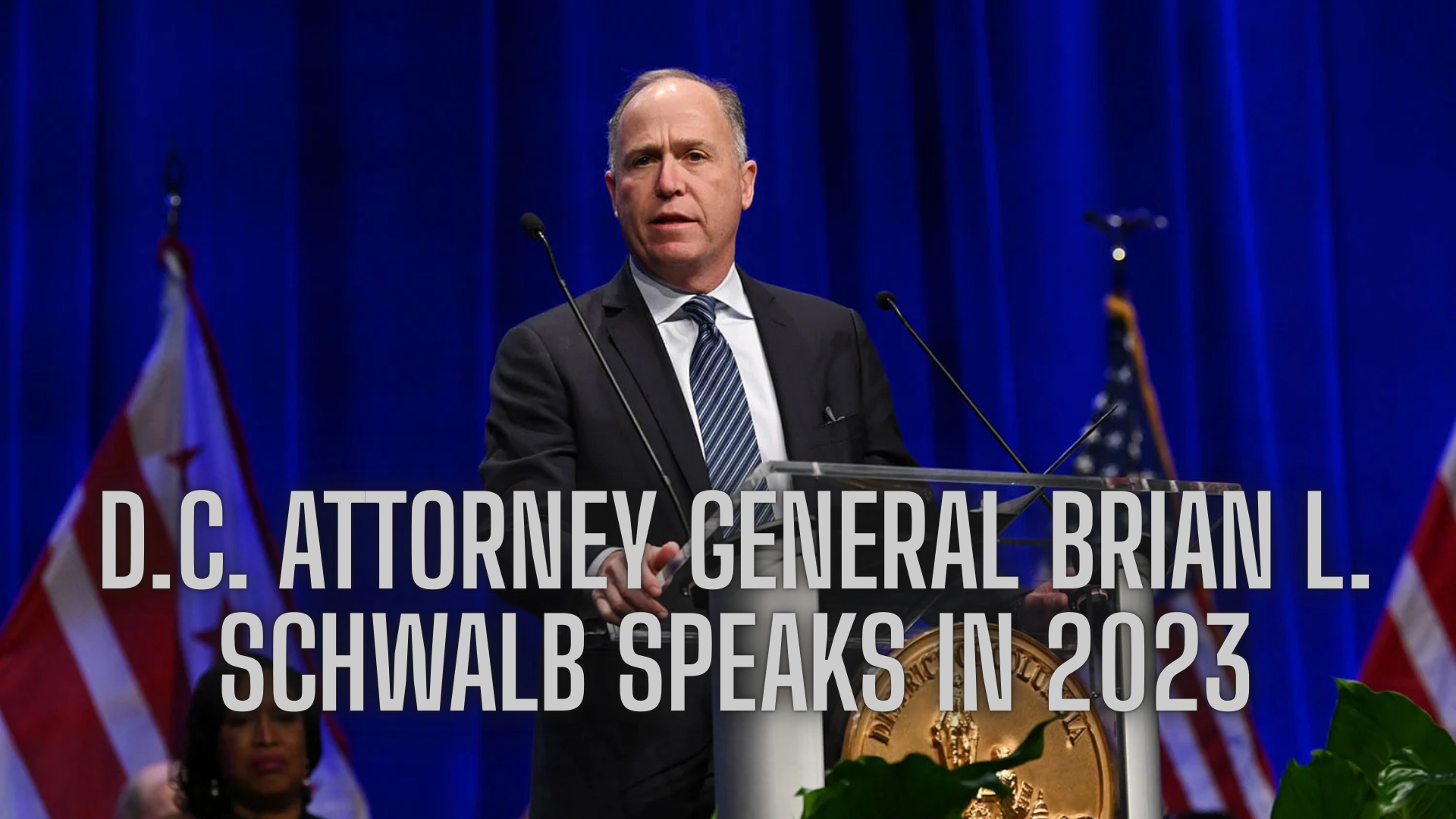Myanmar’s military junta officially ended the country’s state of emergency on Thursday, paving the way for a long-promised general election in December — a vote opposition groups have vowed to boycott and international observers have warned is designed to entrench military rule.
The state of emergency, first imposed in February 2021 following a coup that ousted elected leader Aung San Suu Kyi, granted junta leader Min Aung Hlaing sweeping control over the legislative, executive, and judicial branches. The power grab triggered a nationwide conflict, evolving into a brutal and fragmented civil war that has claimed thousands of lives.
Despite the ongoing unrest, junta officials insist the planned election marks a step toward “multi-party democracy.” In a voice message to reporters, junta spokesperson Zaw Min Tun confirmed: “The state of emergency is abolished today in order for the country to hold elections on the path to a multi-party democracy.” He added that the vote would take place “within six months.”
Min Aung Hlaing, who led the 2021 coup, is widely expected to retain control following the election, likely through a civilian post such as president or commander-in-chief, consolidating his role as Myanmar’s de facto leader. New government bodies announced Thursday include a “Union Government” and a “National Security and Peace Commission” — both chaired by Min Aung Hlaing — tasked with overseeing defense matters and managing the electoral process.
Addressing members of the junta’s administrative council during a ceremony in the capital, Naypyidaw, Min Aung Hlaing declared, “We have already passed the first chapter. Now, we are starting the second chapter,” according to The Global New Light of Myanmar, the state-run newspaper.
While the regime has yet to specify an exact election date, preparations are underway. Political parties have begun registering, and authorities have conducted training sessions on electronic voting systems. However, the integrity of the upcoming poll is already in doubt.
A United Nations expert last month described the planned vote as “a fraud” intended to legitimize the military’s continued grip on power. Former elected officials and major opposition groups — including lawmakers ousted during the coup — have pledged to boycott the election entirely.
Further raising concerns, the junta announced Wednesday a new law imposing prison sentences of up to 10 years for individuals or groups found to be “destroying a part of the electoral process” through speech or protest.
The regime has also faced logistical hurdles. A census carried out last year, meant to aid in election planning, reportedly failed to account for roughly 19 million of Myanmar’s 51 million people, according to provisional government figures.
As the junta presses ahead with its election plans under mounting international scrutiny, many inside and outside Myanmar fear the vote will only deepen the country’s political crisis rather than resolve it.



